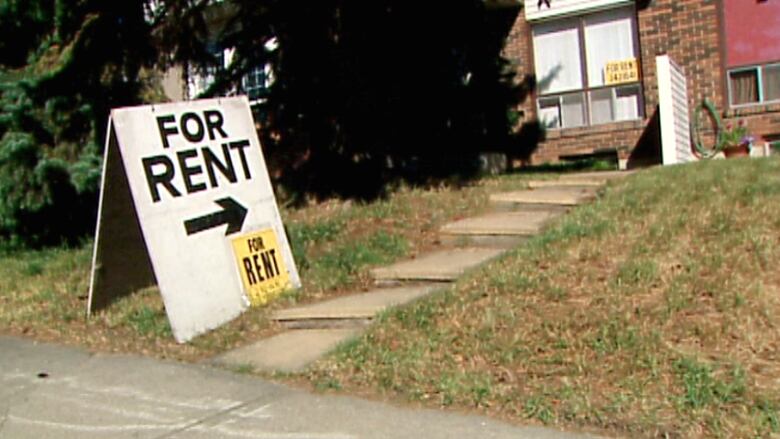2-year amnesty for Calgary's illegal secondary suites now in effect
City hopes to bring 1,600 suites into compliance over next 24 months

A two-year amnesty to encouragethe owners of illegal secondary suites in Calgary to bring their units into compliancestarts Friday.
The amnesty was called by city council inMarch when it approved secondary suite reform measures.
Besides making secondary suites a discretionary use across a good portion of the city, council agreed to make thesecondary suite registry mandatory.
To encourage the landlords of the estimated tens of thousands of illegal secondary suites across the city to bring their properties up to code and join the registry, council also decreed there would be an amnesty from June 1, 2018, to June 1, 2020.
Fees waived
Cliff de Jong, who is a special projects officer with Calgary Building Services, said the city will waive fees related to secondary suite applications to encourage owners to ensure their illegal suites meetcurrent safety codes.
"The development permit (fee) for those potential suites is waived for the two-year period and then as well, there's no fee for the registration which council also set at $232, so that's about $700 in application fees," said de Jong.
As part of the reforms approved in March, applicants no longer have to ask city council itself for a rezoning.
If they meet the guidelines, applications are approved by public servants in the planning department.
The city expects to see 1,600 currently illegal suites move into compliance and join the mandatory secondary suite registry during the two-year amnesty.
Education focus, not enforcement
According to de Jong, the city will take more of an educational approach through the amnesty rather than focusing on enforcement when a complaint is received.
"We want to work with people over this next two-year period so we're going to be doing a lot of visiting with people that we do get complaints on," said de Jong.
"You can remove the threat of being shut down and there's really never been a better time to legalize than now."
The city has also made it more convenient for the owners of secondary suites to submit their application forms.
The process is now online so applicants don't even have to set foot in city hall if they'd prefer to avoid going there.
- MORE CALGARY NEWS |Kidnapping, assault charges stayed against 3 Calgary police officers
- MORE CALGARY NEWS |Calgary trucker, 89, sells decades of collected planes, toys and jukeboxes












_(720p).jpg)


 OFFICIAL HD MUSIC VIDEO.jpg)
.jpg)



























































































